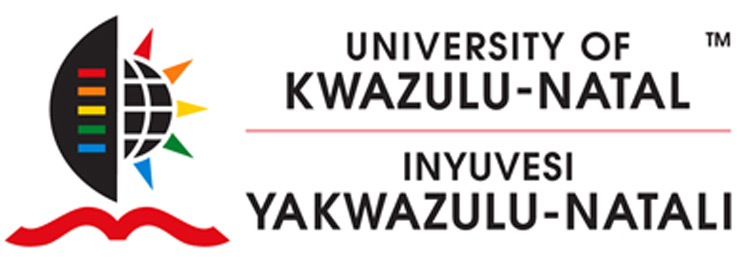- Navigation
More About Physiology
The Discipline of Human Physiology is an emerging, vibrant research and teaching environment with a large postgraduate and undergraduate population. Our postgraduate students have been recognised both nationally and internationally, with some of them serving as Faculty in Africa and the Southern African region and therefore playing a critical role in addressing the skills shortage in the Continent. Our research thrust is multidisciplinary spanning the spectrum from molecular to systems level.
We were the first Physiology Discipline in Africa to introduce and implement a fully networked Powerlab system. We are constantly seeking to improve and tailor-make our undergraduate offering through implementation of the latest teaching methodology.
The Discipline is constantly evolving and we are able to attract talented staff from various regions of the country. Our academic staff serves as reviewers for the National Research Foundation (NRF) and Medical Research Council (MRC) grant and scholarship applications. They also act as external examiners. Academics in the discipline also play an active role in the Physiology Society of Southern Africa (PSSA) and the Southern African Neuroscience Society (SANS). Staff in the discipline are also actively involved in NRF committees for the International Union of Physiological Societies (IUPS) as well as the International Brain Research Organisation (IBRO). The Discipline also attends when possible, the annual Endocrinological Society meeting in the United Kingdom as well as the Society for Neuroscience meetings in the USA. We receive funding from the NRF, MRC, National Institutes of Health (NIH) and other private and business institutes.
Our core goal to is to strive for excellence while bearing in mind past inequities. Our future goals include expanding our current infrastructure to meet the challenges of teaching within the context of a learner centred approach while expanding research offering to address the role the environment plays in disease and health.
Inspiring Greatness
© University of KwaZulu-Natal: All Rights Reserved





